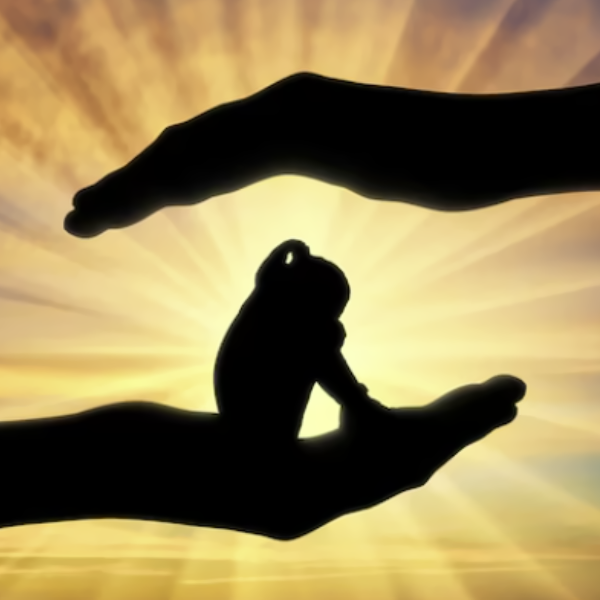More than 11 years revealing secrets because there is no excuse for secrecy in God’s true religion – The Watchtower, June 1st 1997; Dan 2:47; Matt 10:26; Mark 4:22; Luke 12:2; Acts 4:19, 20.

By: Elfanzo Borotini July 24th, 2025
In the realm of survivor advocacy, values aren’t optional. They are the lifeblood of trust, integrity, and progress. Without them, even the loudest voices risk becoming just another form of control, cloaked in the language of justice.
“Being a survivor doesn’t automatically make someone a safe person, and being an advocate of abuse for survivors doesn’t automatically make you a good person. Neither titles excuse harmful behavior. We can hold that truth while still believing survivors and protecting them.”
Past good does not excuse present harm.
At the heart of this tension lies a critical truth: advocacy must reflect the values it promotes, or it becomes a form of exploitation.
Survivor-centered advocacy demands:
When an advocate begins silencing or intimidating other survivors, weaponizing their platform, or distorting narratives to protect their personal brand, they are no longer advocating; they’re replicating the very power dynamics survivors are trying to escape. What happens when this bleeds onto family, friends, lovers? Should advocates be trusted even though they may be hurting others in their personal lives?
No matter how many years someone has spent supporting, helping, or protecting survivors, that history does not place them above accountability. Past good does not excuse present harm.
When the Advocate Becomes the Problem
Every now and then, we hear of survivors who’ve worked closely with certain figures and their concerns of being spoken over, used for credibility, or pressured into silence when they express discomfort.
“There’s a performative element to some of it,” one survivor-turned-writer shared. “It’s activism until you challenge their control, then suddenly you’re the problem.”
While some may excuse this behavior as “flawed humanity,” the stakes are too high to be dismissed that easily. Survivors deserve advocates who model safety, not just preach it. Who becomes safe to trust, not only in cherry-picked moments.
Calling out unethical behavior within advocacy isn’t betrayal, it’s protection. Survivors who raise concerns are not “dividing the movement.” They are preserving its integrity.
Real advocacy welcomes correction, respects boundaries, and understands that trust is not a given. It’s earned, over and over again.
And when someone in a position that is supposed to represent safety fails to uphold those values, stepping aside should not be seen as punishment, but as a responsibility.
In every religion, community, or group, there’s always the risk of individuals who publicly champion values like compassion and integrity, yet privately act as bullies. It’s deeply troubling, and undeniably hypocritical, to advocate for justice or healing while simultaneously causing harm behind the scenes.

Advocacy Without Ethics Isn’t Advocacy
If your activism requires silencing survivors or keeping the harm you cause them yourself silenced, it’s not true activism. If your platform grows by exploiting others’ pain, it’s not advocacy. If you protect abusers behind closed doors but post justice quotes on Instagram, it’s not integrity.
Advocating was never meant to be about perfection; it’s about accountability. It’s about making space, not taking it. Choosing connection over reputation. When someone causes harm behind the very screen that upholds their image, they shouldn’t be protected by that reputation; they should be held accountable, just like anyone else.